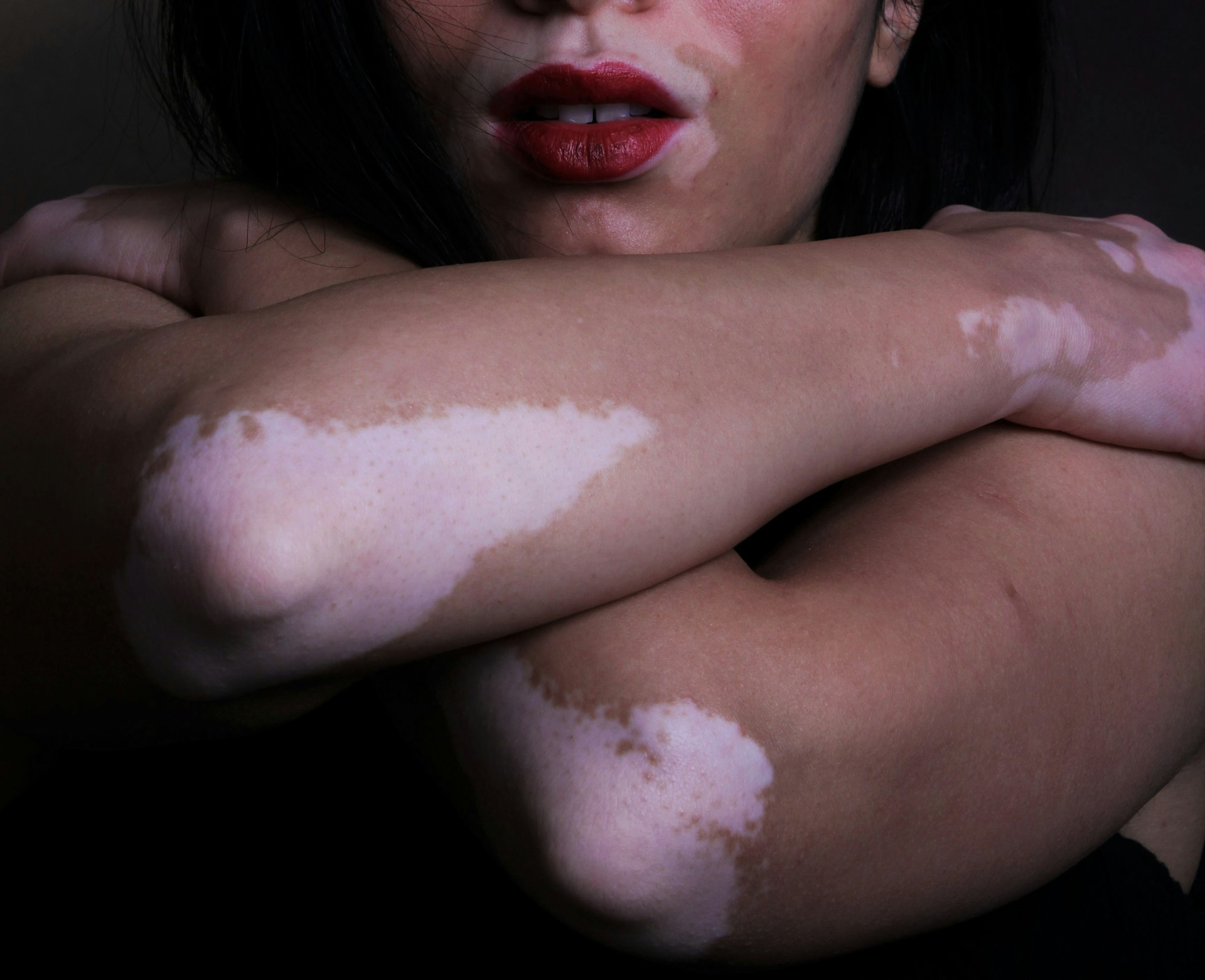Do certain smells bother you? New car smell, perfume, cologne, air fresheners?
Chemical sensitivity is a very common symptom that many write off as normal. It is often driven by excess aldehyde.
Common symptoms of aldehyde toxicity include:
- Brain Fog
- Flush skin
- Rashes
- Nausea
- Racing heart
- Low alcohol tolerance
Common Causes Of Aldehyde Toxicity
- Fungal or bacterial overgrowth in the large or small intestine
- Inability to breakdown aldehydes due to nutrient deficiencies
- Excessive alcohol consumption
The most common nutrient deficiency to cause buildup of aldehydes is molybdenum, but B2, B3, and iron also help with breakdown. Legumes and dairy products are good sources of molybdenum.
If a gut infection is the driving factor, you likely also have GI symptoms such as IBS, constipation, diarrhea, or bloating. You will need to address this with antimicrobial herbs to take care of the infection. If you try an herb on your own and it causes symptoms to get worse, or new symptoms, you have the wrong herb!
Die off reactions don’t happen when you have the correct treatment.
The easiest way to take care of a GI infection without the guesswork of choosing between 100s of herbs is to have a skilled Applied Kinesiologist muscle test you on what you need.
How to Reduce Aldehyde Exposure
It is impossible to avoid 100% of aldehyde exposure in our world today. Even some healthy microbes make low levels of aldehydes in the gut. So the goal here is to avoid environmental exposure as much as possible. Here is a list of the most common places you may be exposed to aldehydes:
- Gasoline/ disel
- Furniture with flame retardants (look for low VOC furniture and carpets)
- Perfumes
- Cologne
- Scented candles
- Laundry detergent
- Soaps
- Cleaning supplies
- Hand sanitizers
- Air fresheners (house or car)
- Many paints and glues
- Smoke
This isn’t all inclusive but hopefully you’re starting to see that everyday we come in contact with aldehydes. Even if it’s because of that person that smells like they put the whole bottle of perfume on before boarding a plane (they probably don’t realize that is where their headaches are coming from).
Aim to make your home as aldehyde-free as possible by avoiding these ingredients:
- Fragrances
- Formaldehyde
- Benzaldehyde
- Salicylaldehyde
- Octanal
Hopefully this helps clear up why you don’t feel well around certain scents and helps you to find what helps you improve your tolerance to these scents when you have to be around them. Leave any questions you have in the comments below!














Leave a Reply
You must be logged in to post a comment.